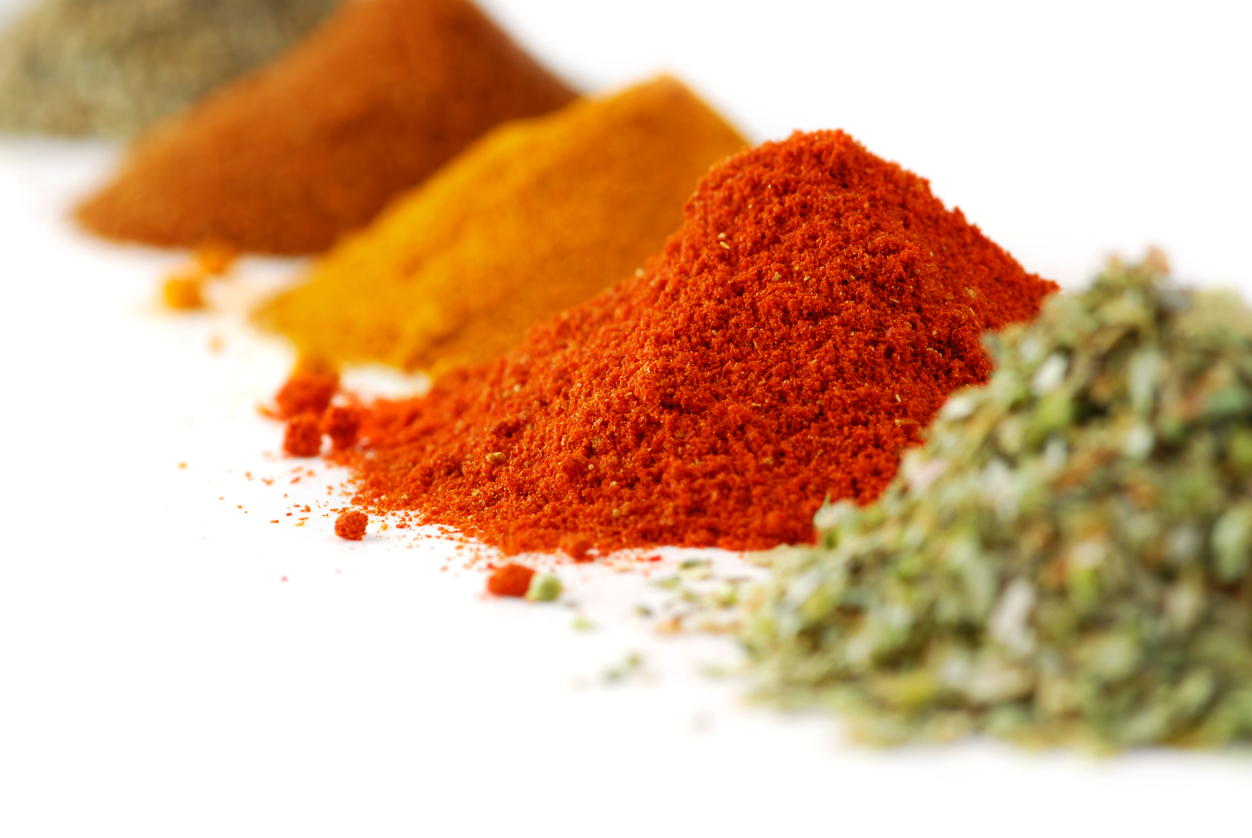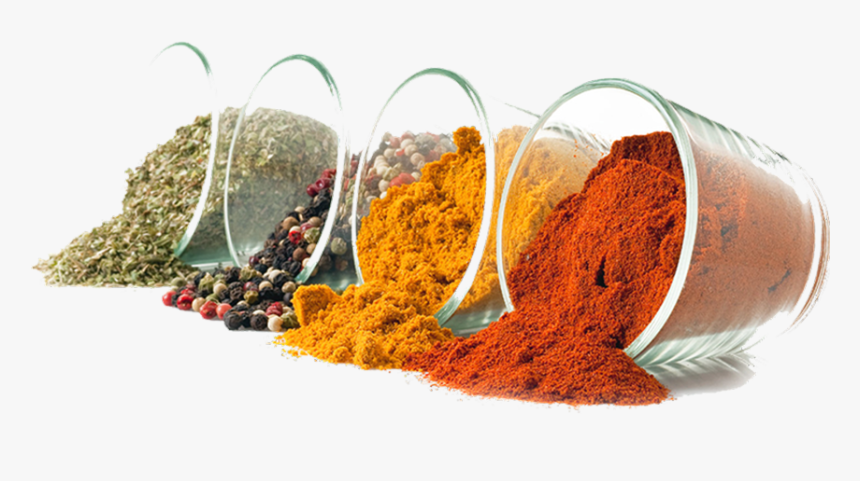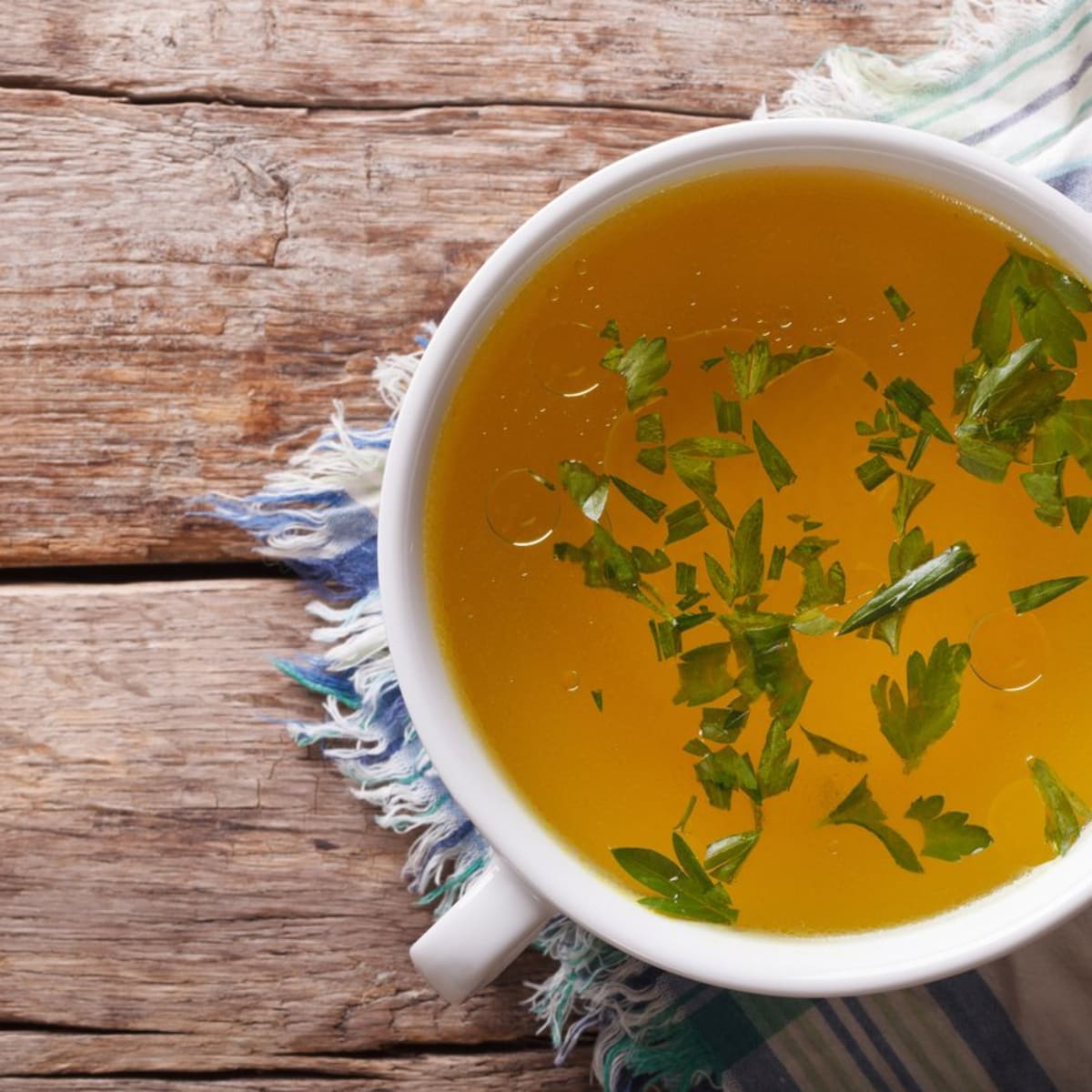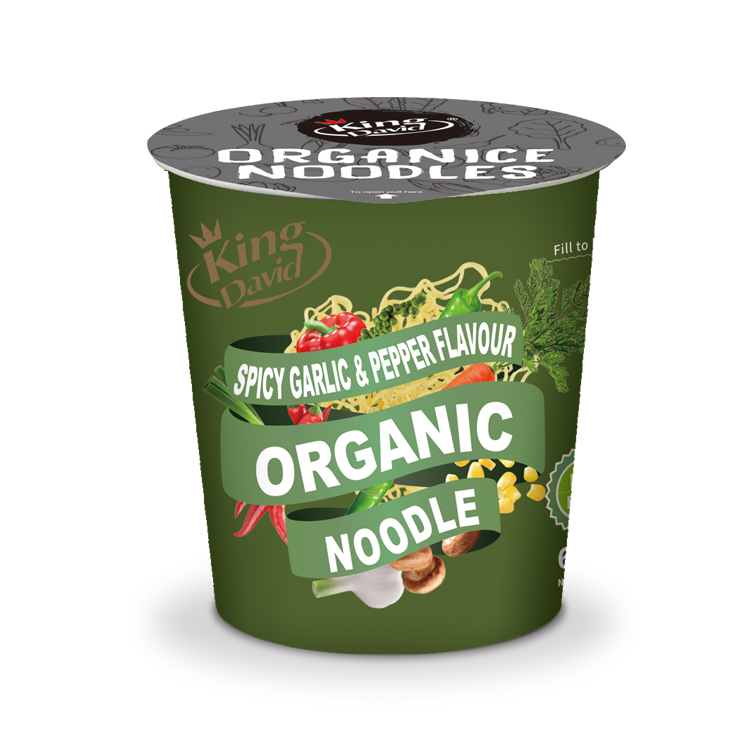Spices are an integral part of culinary traditions worldwide, adding flavor, aroma, and color to dishes. However, not all spices are created equal. The debate between organic and regular (non-organic) spices has gained traction as consumers become more health-conscious and environmentally aware. This article delves into the key differences between organic and regular spices, exploring their production methods, health benefits, environmental impact, and more.
Understanding Organic and Regular Spices
What Are Organic Spices?
Organic spices are grown without the use of synthetic pesticides, herbicides, or fertilizers. Instead, organic farming maintains soil fertility and plant health through natural methods such as crop rotation, composting, and biological pest control. Organic spices are also free from genetically modified organisms (GMOs) and synthetic additives.
What Are Regular Spices?
Regular spices, also known as conventional spices, are typically grown using conventional agricultural methods. These methods often involve the use of synthetic chemicals, including pesticides, herbicides, and fertilizers, to enhance crop yield and protect against pests and diseases. Regular spices may also undergo processes like fumigation and irradiation to ensure they are free from contaminants.

Key Differences Between Organic and Regular Spices
1. Production Methods
Organic Spices
Natural Fertilizers: Organic spices are grown using natural fertilizers such as compost and green manure, which improve soil quality and fertility.
Pest Control: Organic farming employs biological pest control methods, including the use of beneficial insects and natural predators, to manage pests.
Crop Rotation: This practice helps prevent soil depletion and reduces the risk of pests and diseases.
No GMOs: Organic spices are free from genetically modified organisms.
Regular Spices
Synthetic Chemicals: Conventional spices are often grown with synthetic pesticides, herbicides, and fertilizers, which can leave residues on the final product.
Fumigation and Irradiation: These methods are used to sterilize spices and eliminate bacteria and pests. Fumigation involves the use of ethylene oxide gas, while irradiation uses gamma rays or electron beams.
Higher Yields: The use of synthetic chemicals and advanced agricultural techniques can result in higher crop yields.
2. Health Benefits
Organic Spices
Nutrient-Rich: Organic spices are often more nutritious, as they are grown in healthier soil and without synthetic chemicals that can deplete nutrients.
No Harmful Residues: Organic spices are free from pesticide residues and synthetic additives, reducing the risk of exposure to harmful chemicals.
Immunity Boosting: Many organic spices, such as turmeric and ginger, have natural immunity-boosting properties.
Regular Spices
Potential Chemical Residues: Regular spices may contain residues from synthetic pesticides and fertilizers, which can pose health risks over time.
Lower Nutrient Content: The use of synthetic chemicals can impact the nutrient content of regular spices, making them potentially less nutritious than their organic counterparts.

3. Environmental Impact
Organic Spices
Sustainable Farming: Organic farming practices promote soil health, biodiversity, and sustainability. They reduce soil erosion and water pollution by avoiding synthetic chemicals.
Lower Carbon Footprint: Organic farming typically has a lower carbon footprint due to the absence of synthetic fertilizers and pesticides, which require significant energy to produce.
Regular Spices
Environmental Pollution: The use of synthetic chemicals in conventional farming can lead to soil degradation, water pollution, and loss of biodiversity.
Higher Carbon Emissions: The production and application of synthetic fertilizers and pesticides contribute to higher carbon emissions.
4. Flavor and Aroma
Organic Spices
Intense Flavor: Organic spices often have a more intense and robust flavor due to their natural growing conditions and the absence of synthetic chemicals.
Pure Aroma: The lack of synthetic additives ensures that organic spices retain their natural aroma.
Regular Spices
Variable Flavor: The flavor of regular spices can be affected by the use of synthetic chemicals and processing methods like irradiation.
Potential Additives: Some regular spices may contain synthetic additives to enhance flavor and color, which can alter their natural taste and aroma.

Choosing Between Organic and Regular Spices
Health Considerations
For those concerned about health, organic spices are a better choice due to their lack of synthetic chemicals and higher nutrient content. They are especially good for people who are sensitive to pesticides or who want to improve their general health through food.
Environmental Impact
If environmental sustainability is a priority, organic spices are the clear winner. Organic farming practices promote soil health, reduce pollution, and support biodiversity, making them a more eco-friendly option.
Flavor and Culinary Use
Chefs and home cooks who prioritize flavor and aroma may prefer organic spices for their intense and pure taste. Organic spices can improve the culinary experience by delivering deeper, more authentic flavors.
Cost and Availability
Organic spices can be more expensive than regular spices due to the labor-intensive farming practices and lower yields. However, the health and environmental benefits may justify the higher cost for many consumers. Availability can also be a factor, as organic spices may not be as widely accessible as regular spices in some regions.
Conclusion
The choice between organic and regular spices ultimately depends on individual preferences and priorities. Organic spices have several health benefits, a smaller environmental effect, and a better flavor, making them a fantastic choice for health-minded and ecologically sensitive consumers. Regular spices, while more affordable and widely available, may contain synthetic chemicals and offer fewer health benefits. If you are looking for high-quality organic spices, KINGDAVID is ideal for you. We specialize in offering a wide range of organic products including organic spices, organic vegetables, organic noodles, etc. Please feel free to visit our site for more product details today!




